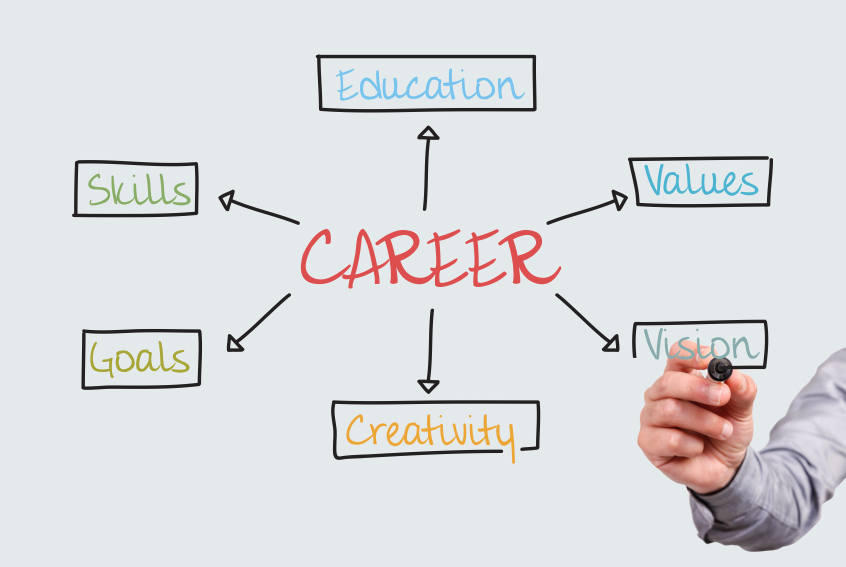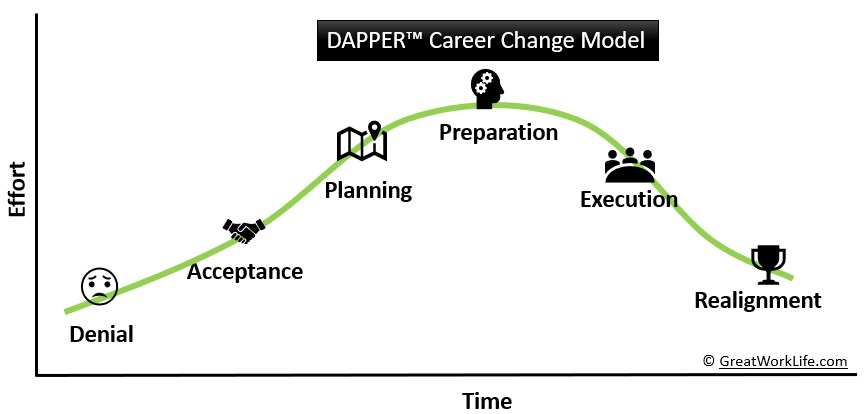
When it comes to making career decisions, our gut instincts can be a great guide. These instincts are not to be ignored. They are great for aspects of a decision where we've had experience - like evaluating a person's trustworthiness, for example - but not for aspects that are new to us.
When making career decisions, gut intuition is a great tool
When you are trying to decide what career path to choose, your gut instinct could be a great tool. But, your gut intuition might not always be correct and may not include all pertinent data. You could make a poor choice if your gut instinct is used to decide whether you accept a job.
Gut intuition comes from your experience and draws from both subjective and objective information. Intuition, unlike an emotional decision can be learned or developed. It takes time and effort to consider a situation and look at exemplars and prototypes. It's possible to use what you learn for your future decisions.
Family influences on career decision making
Family is a key factor in career decisions. This fact has been well documented and widely accepted. It may include factors such parental values, gender perspectives, family dynamics, and other important aspects. Future research may also focus on the role of grandparents, and other extended family members. One example is the possible impact of grandparents' career choices on children's careers.

Research has shown that the influence of family members on career decisions can have a positive effect on the overall career process. It also has been shown to increase job satisfaction and life satisfaction. But, studies have not shown a significant link between happiness and parental educational attainment. It is not clear that CDSE and self-efficacy can be directly influenced by parental income or education.
Explore your career options
Career exploration is the process of comparing all options and deciding what you want. This helps you to understand your current career situation and determine if you're satisfied with it. It can also help to find a better career. This may involve learning new skills.
Exploration of career options is an ongoing process that you continue throughout your professional life. Although it can be frustrating, this process will help you make better choices that will lead you to a rewarding career. It involves assessing your talents, personality, skills and interests to determine which career is right for you.
Career outcomes expectancy
Career outcomes expectancy, also known as COE, is a measure for self-efficacy regarding career decision-making. This measure helps students make better decisions when choosing a career path in STEM fields. Researchers have come up with different ways to measure CDSE and how it affects career decisions.
One of the most common ways to measure self-efficacy in career decision-making is through demographic variables. The study is based on minority views, which allows for a thorough exploration of the perspectives of the participants. To analyze the collected information, the scholars immersed themselves in the data, reading individual texts several times. Based on these readings, the scholars developed preliminary codes. These codes were then documented in an extensive codebook. They were refined by continuous comparative testing.

Interpersonal factors
Many career decisions are made in an environment that includes social interaction. The study looked at the effects of family relationships and other social relationships on career choices. Although all students were able to agree on the findings, there were significant differences in the impact of family and friends on career choice. Students were more likely to make informed decisions about the future if they were in a supportive setting or with their family.
Career decision-making processes are highly complex and involve a variety of domains. One foundation for understanding the processes involved is Gelatt's progressive model of decision-making. The model depicts decision-making as an ongoing activity that is constantly changing with additional information. A young learner may decide to study technology if she is exposed to them during her education. Adolescents integrate information from other sources in order to make their choice.